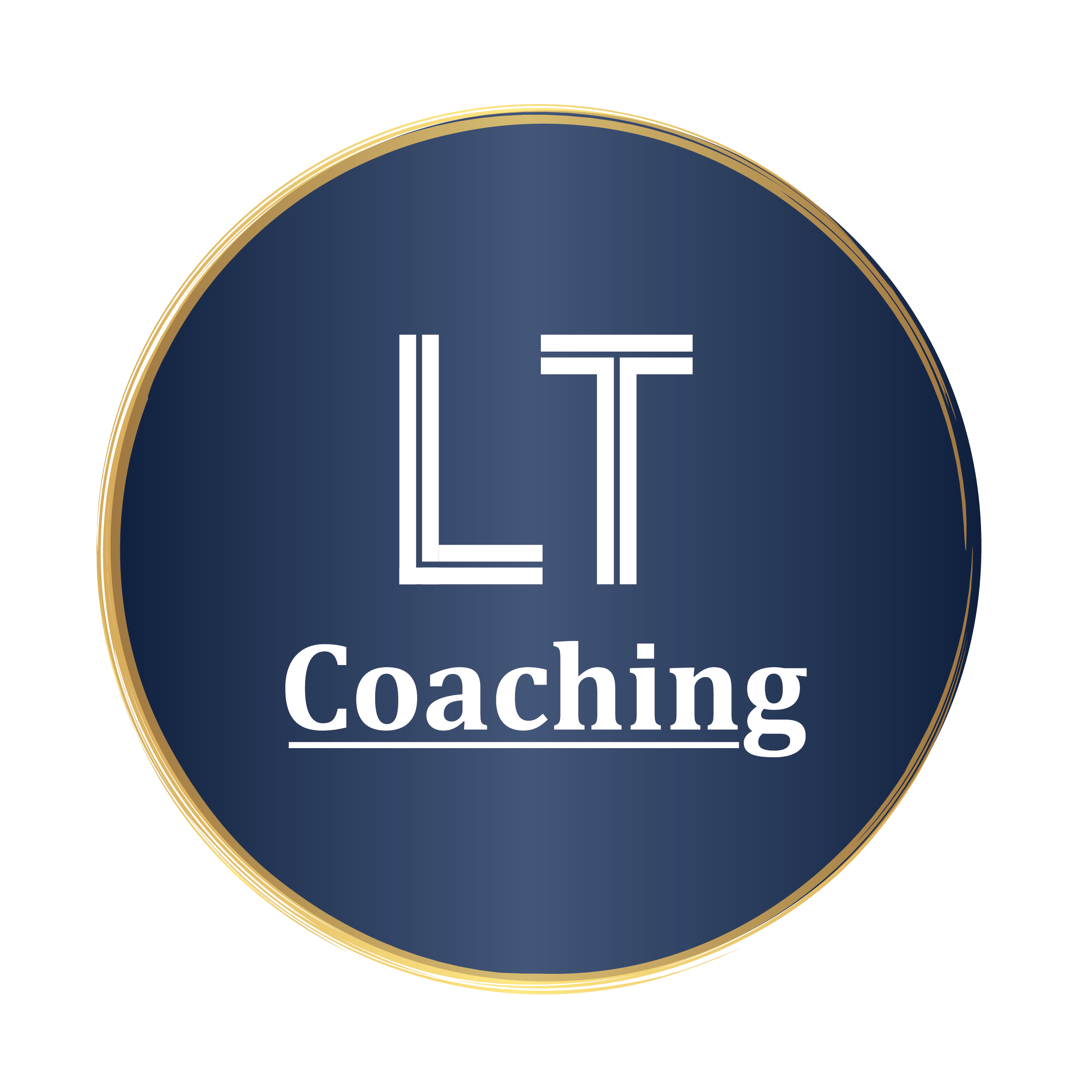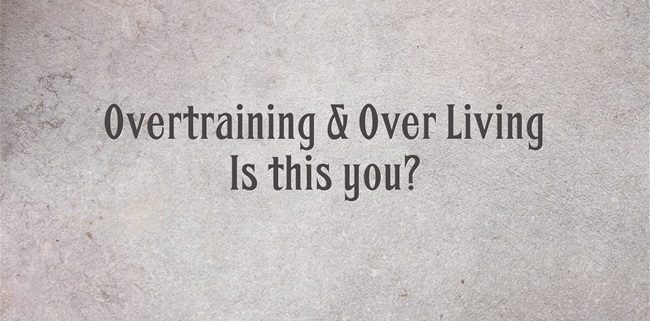Are you Overtraining & Over Living?
Overtraining & Over Living – is this you?
Whether you’re an athlete, or someone who is striving to achieve in your life, overtraining & over living can inhibit your progress and you may not even know it’s happening.
Overtraining is rife amongst endurance athletes, and alot don’t even know it’s happening.
Early morning training sessions before work, late night sessions after the kids are in bed, and sacrificing sleep, while increasing stress to fit everything in. I know too many people like this, and they wonder why they’re constantly carrying around niggling injuries, get ill, or feel constantly tired.
Over living in the non-athletic population is no different.
Those in the corporate world who are up early to get their emails done, then work a 12+ hour day in the office before heading to an event in the evening, then crawling into bed during the early hours of the following morning are setting themselves up for a fall.
Illness, disease, and burnout are all ailments that are just waiting to overrun the bodies systems.
So how do we combat this overtraining and over living way of life, but still achieve all our goals, stay healthy, and move forwards in life?

I’m someone who is constantly pushing boundaries of human endurance, trying to find an extra hour in each day to grow my business, but have also suffered from severe adrenal fatigue, and needed nearly two years to recover!
I am very confident that my top tip can help you not fall into a state of overtraining or over living, and start you on a path to being healthier and set you up for future success.
Start Looking Longer Term
Many of us keep our heads down, work hard, and believe more is better. This may help you achieve your short-term goals, maybe even your goals in the next five or so years, but from my experience, this can be severely detrimental longer term.
Overtraining in sports may not show up for several years, it will be the accumulation of years stressing the body through training while in a state of fatigue.
This goes with over living as well. Years of pushing your mind and body through excessive work hours, late nights, unhealthy behaviours, and constantly being over stimulated is a good way to fast track yourself to a severe state of fatigue.
We need to start looking at our life not in blocks of 12-month periods, but I think blocks of 5 or 10 years. Then you can really plan for periods of time when you push hard with your work/training, but also where you ease your foot off the accelerator as well. This may mean missing out on certain events, races, or potential accolades, but is this so bad if you can still enjoy being at the top of your game for decades longer than your competitors?
Every January our bodies simply don’t reset and having 4-6 weeks off that a lot of people get from their work isn’t enough for the body and mind to recharge after it has been worked to near exhaustion, regardless of how you think you feel.
Consider this;
- If you work hard for 35 weeks of the year
- Semi-hard for 6 weeks
- Take it easy for 5 weeks
- Do completely nothing for 6 weeks
Can you see the problem?
First of all, very few people do completely nothing for six weeks, so scrap that. You are working hard every day for 35 weeks, slowly putting your body into a state of fatigue.
Then, you are working less hard for 17 weeks of the year, and let’s say your body doesn’t get any more fatigued (highly unlikely), then you only have those six weeks throughout each calendar year to try and pull back the fatigue in your body, before you begin the cycle all over again.
If you hibernate for those six weeks, get plenty of sleep, eat nutrient dense food, and stay stress free, then I think you may have a chance.
But for most people, six weeks of hibernation is never going to be an option!
Can you see how you will not be full recovered by the time you “start again” in January?
Year after year your state of fatigue increases, until your body gives up in some way, and you are forced to rest, stop, or completely change the way you live your life.
Overtraining and over living is real!
Lets all start looking at life with a wider and longer-term lens, and take better care of our body and mind so we can enjoy what we do for longer, and achieve the success we all strive for, without sabotaging ourselves along the way!





or their samples written
then only a few have reached us
Very relevant for me. I grew very fatigued in the second half of last year – combination of training for an event, change of job, home life. Normally I do 4 running events a year. This year I am doing two, then break for summer holidays and no more events for the rest of the year. I tend to ‘blow out’ for the last three months of the year and leave myself with a big hill to climb come Jan – more stress ! This time, I am going to steadily work on some different aspects of my health without the pressure of an event hanging over me and stay in good shape – in fact, better shape. I am 52 now, recently I have been thinking about what type of events I want to be doing when I’m 60. If you look after your body (which includes the brain), the only boundaries are in your own mind.
Very informative,thanks for sharing Luke!